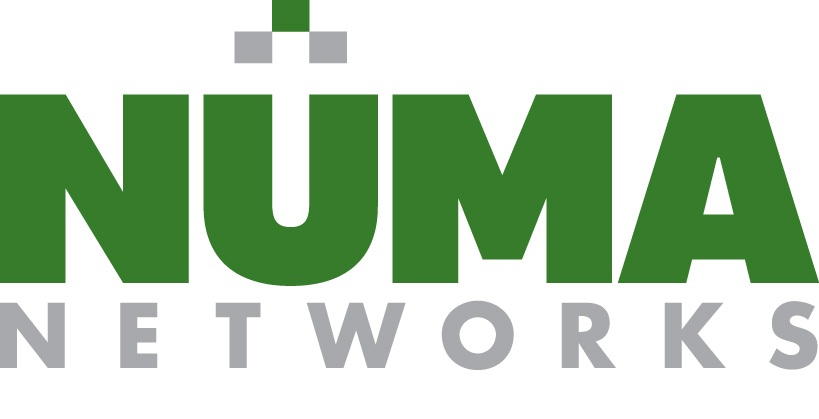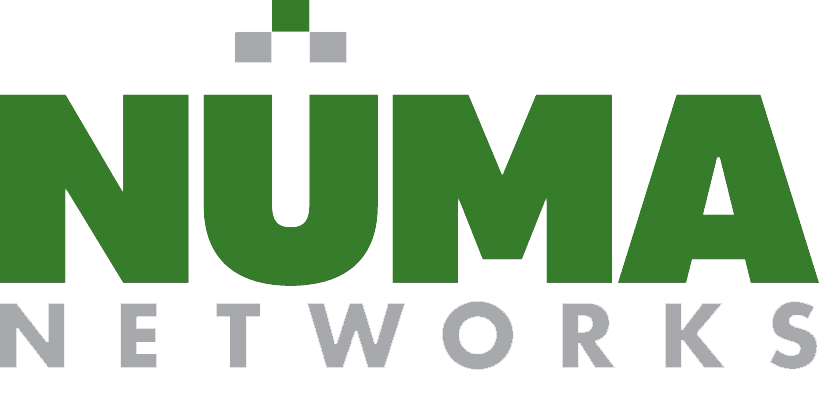As technology continues to evolve, cyberthreats are evolving, too. More than ever, organizations rely on technology to go about our business — which is why keeping your data protected against increasingly smarter threats is more important than ever, too.
2024 is going to be a big year in cybersecurity as our industry works to design and roll out more comprehensive security strategies to outpace today’s smarter-than-ever threats. It’s crucial to have a strong foundation of security so that when these more robust tactics come down the pipe, you have a strong base to layer them onto. So, we’re sharing four cybersecurity tactics you should be using today in order to protect against threats and prepare your organization for what’s to come in cybersecurity.
1. Implement Multi-Factor Authentication (MFA)
These days, MFA (short for “Multi-Factor Authentication”) is everywhere. It’s the pin numbers to access your bank account, the text codes you receive to log in to your accounts. MFA adds an extra layer of security by requiring users to provide multiple forms of identification before they can access an account, application, network, or sensitive data. MFA comes in many forms: text codes, facial and fingerprint scans, or prompts from highly secure authentication apps.
While there’s many ways to authenticate, the bottom line is simple: In 2024, you need to be using MFA to safeguard your business’ data and accounts. With bad actors getting faster and smarter at hacking passwords, one simple layer of protection just isn’t enough anymore.
If you’re not already using MFA, a great place to start would be requiring it to access your VPN, email platforms, and any key business systems, such as your CRM or any system that contains proprietary or client data, and password managers. And, speaking of password managers…
2. Use a Password Manager
We all have passwords. (Hopefully, lots of them!) It’s good practice to always use a different password for each online account. But, of course, are times we tend to take the easy route of reusing an old password just because it is easier to remember. But, what happens when one account has a security breach, and your main password gets leaked out to the internet (or worse, the DarkWeb)?
A password manager not only eliminates the need to remember all of your many passwords, but it can also generate strong and unique passwords on the fly for online accounts you sign up for in the future. Many browsers offer password managers that are already built-in, but we’d recommend purchasing a more secure password management program.
3. Continuously Train Your Team
Despite all cutting-edge tools used to defend against cyber threats, more often than not, human error plays one of the biggest roles in cybersecurity breaches. Investing in continuous security training helps keep your people up to speed on the latest cyber threats and how to avoid them.
Why do you need your employees to know about the latest threats? The goal of continuous employee training is to help the folks on your team recognize and respond effectively to potential security risks, ultimately reducing the likelihood of successful attacks. This includes training on phishing awareness, social engineering awareness, password security, device and endpoint security, data handling and privacy, and incident reporting.
These days, it’s not a matter of if your people will be the target of phishing attempts; it’s a matter of when. Through consistent security awareness training, they’ll know how to spot it and avoid it when the day comes.
4. Limit Access Privileges
“The Principle of Least Privilege” is a cybersecurity concept stating that an employee or user should only be given the minimum level of access privileges needed to perform their specific role. This helps minimize the potential impact of a security breach by reducing what a user can or cannot access at any given time.
For example: Your marketing manager has access to all the HR files. You trust your marketing manager, so no problem, right? Except one day, your marketing manager is compromised. That means that bad actors have access to all of your employees personal information — which could have been prevented, had their access been limited to only what they need.
Depending on your specific organization’s needs, we can revoke or add privileges for your users, so their access is perfectly tailored to their role. You know what your people need to do their jobs, so we can get them access to what they do, and nothing that they don’t. Just let us know!
With major developments happening on the cybersecurity front, making sure you’re leveraging these simple strategies today will ensure that you’re ready for what’s to come. In a world where technology is both one of our greatest assets and points of vulnerability, staying ahead of cyber threats is a necessity. Luckily, there are many highly effective strategies to keep you protected, and even more in the works. More on that soon!


